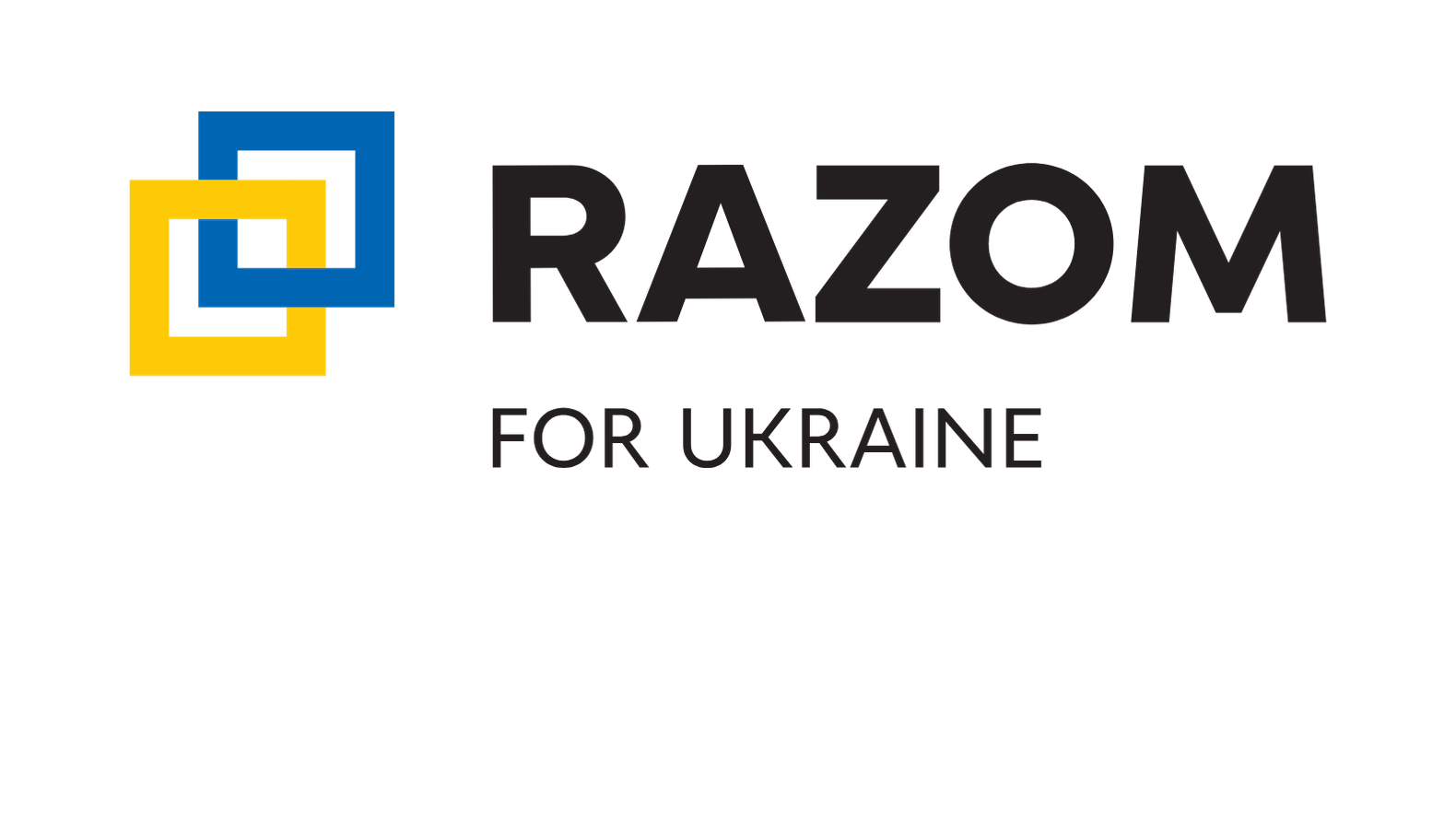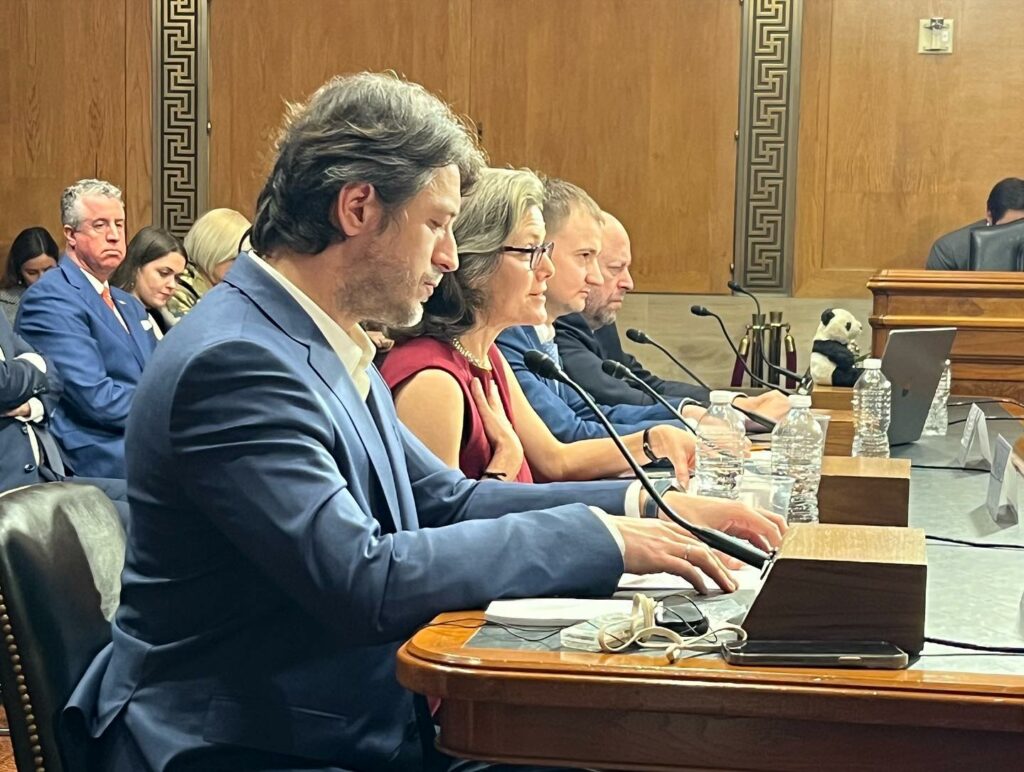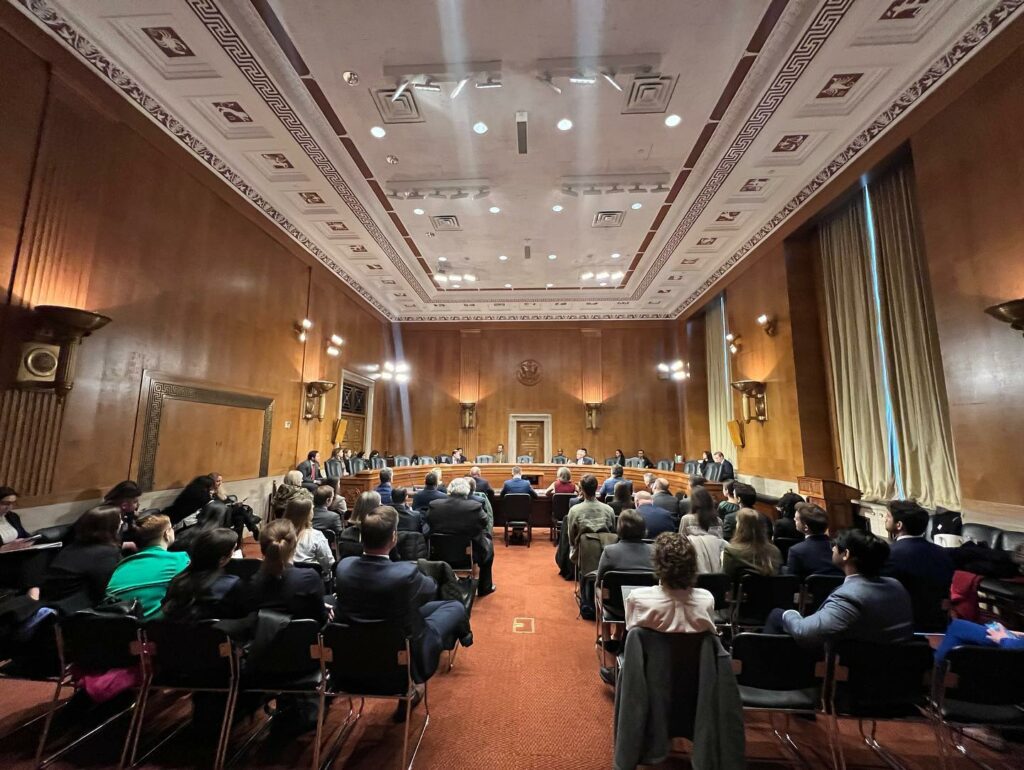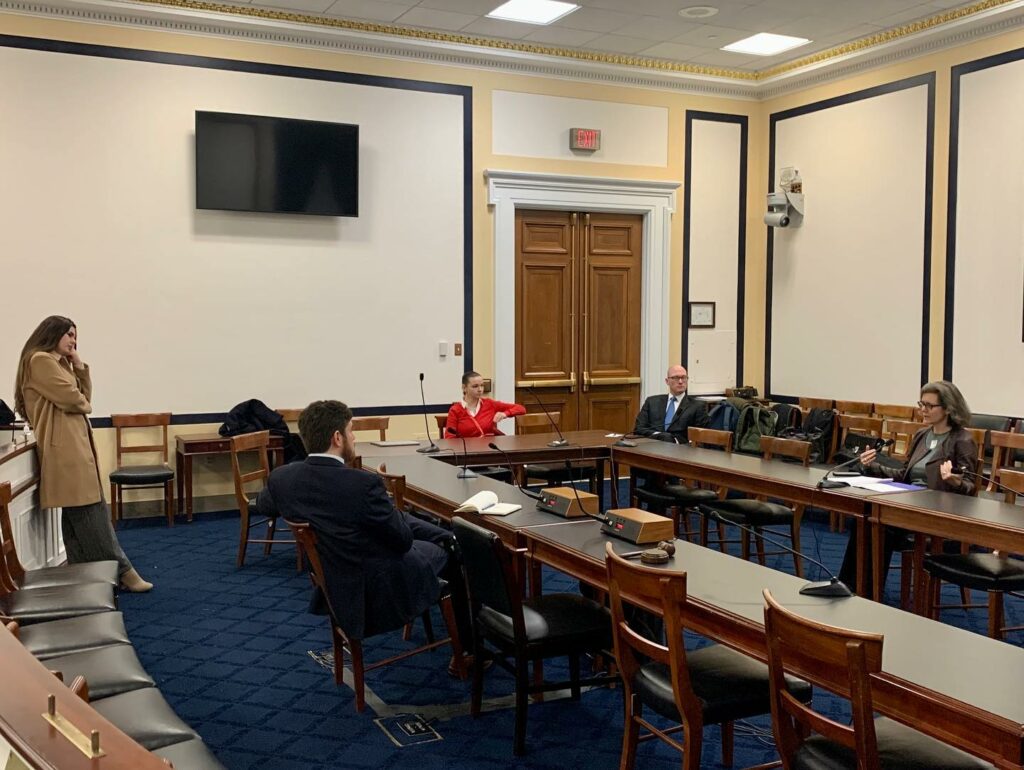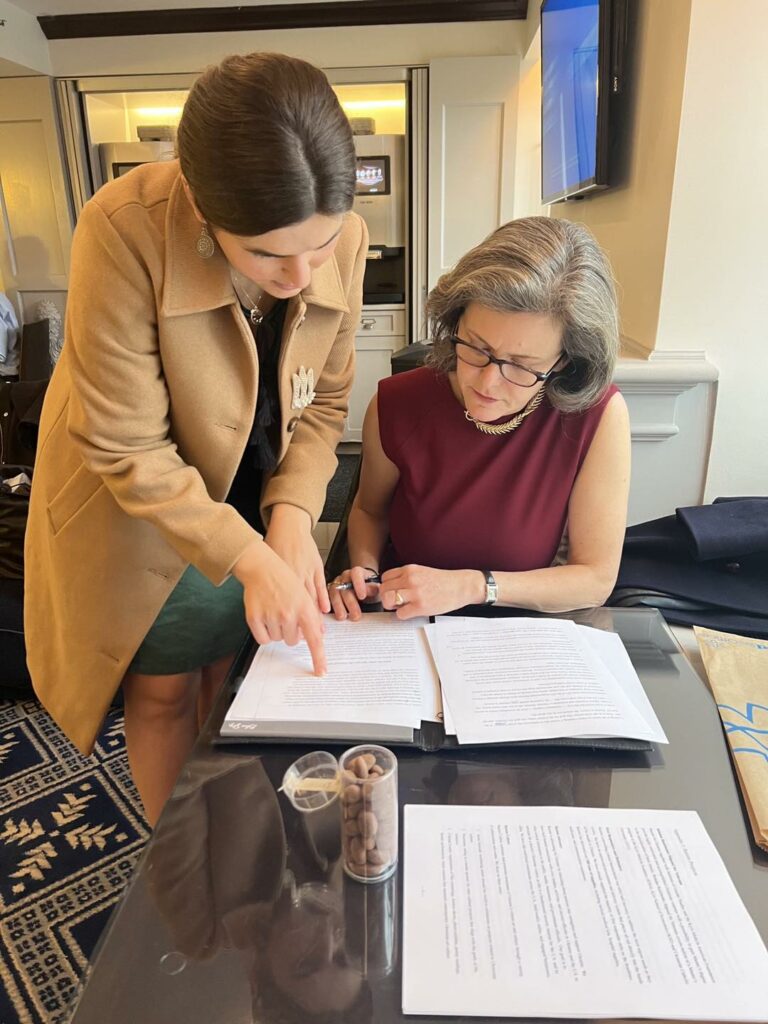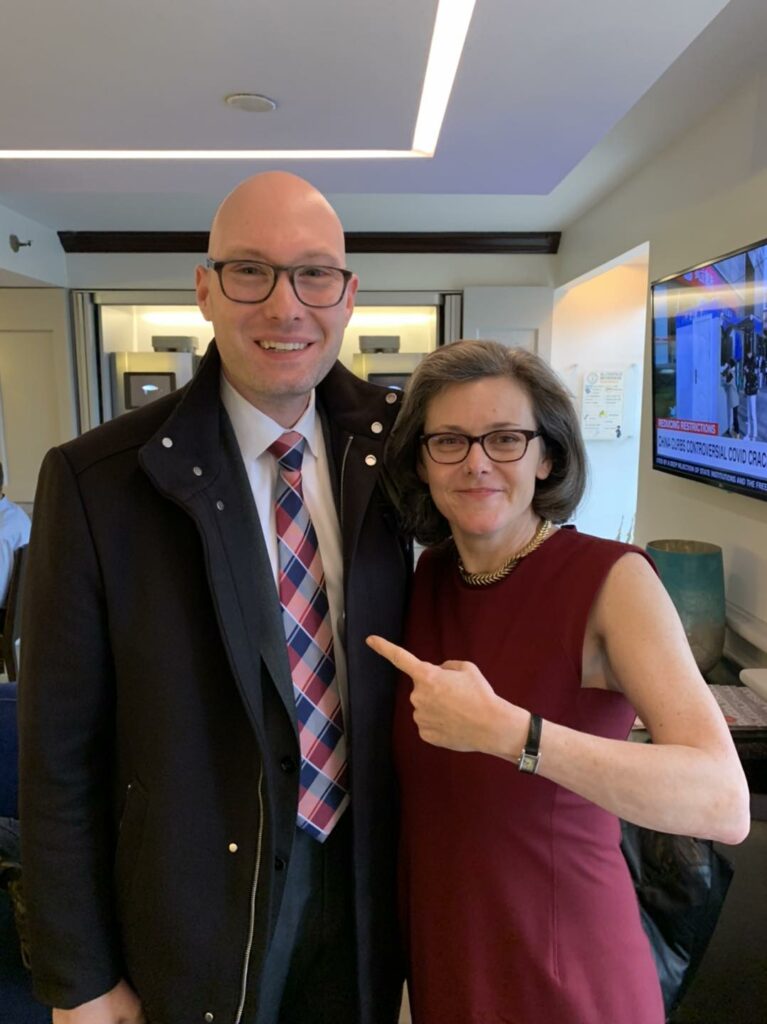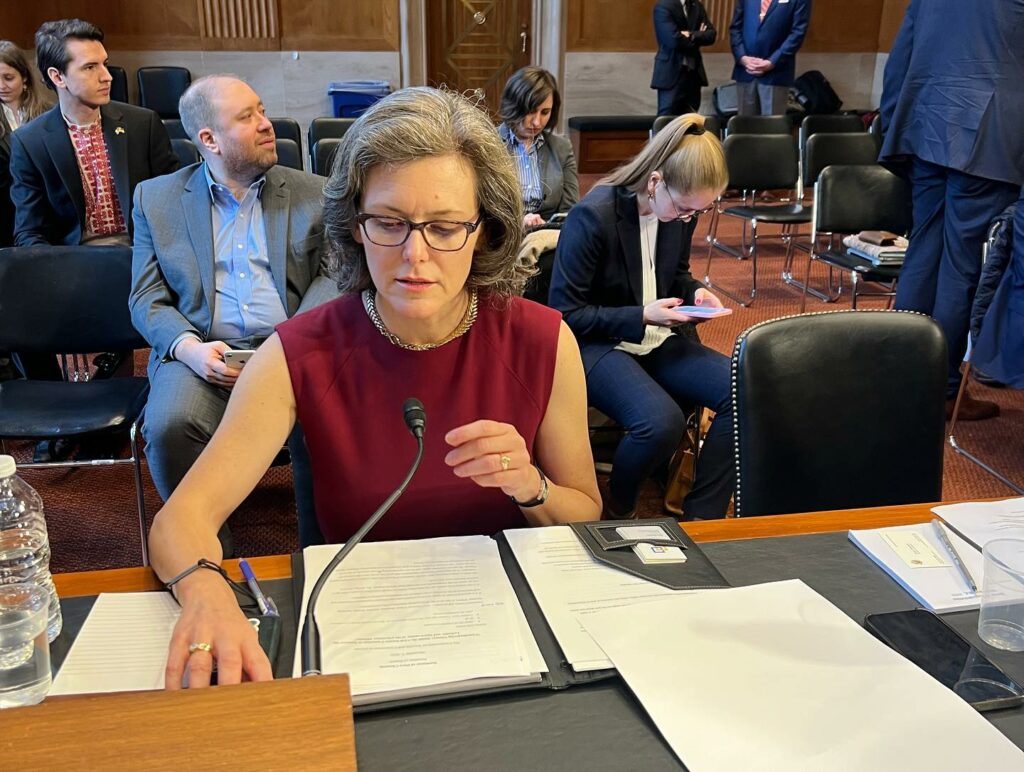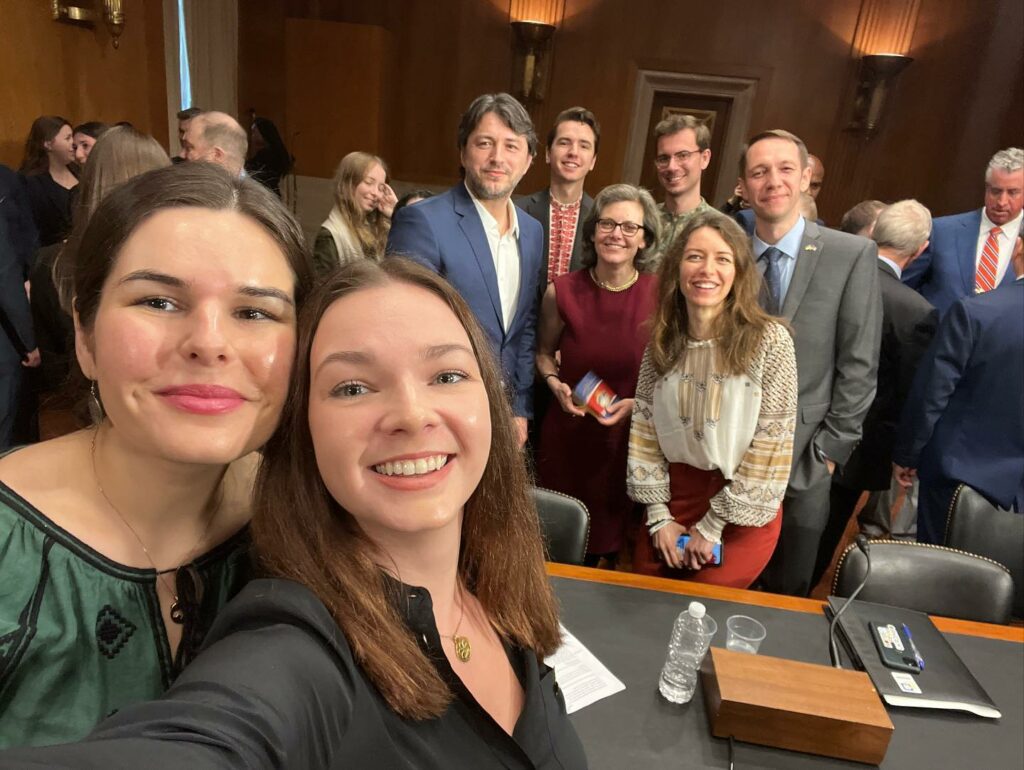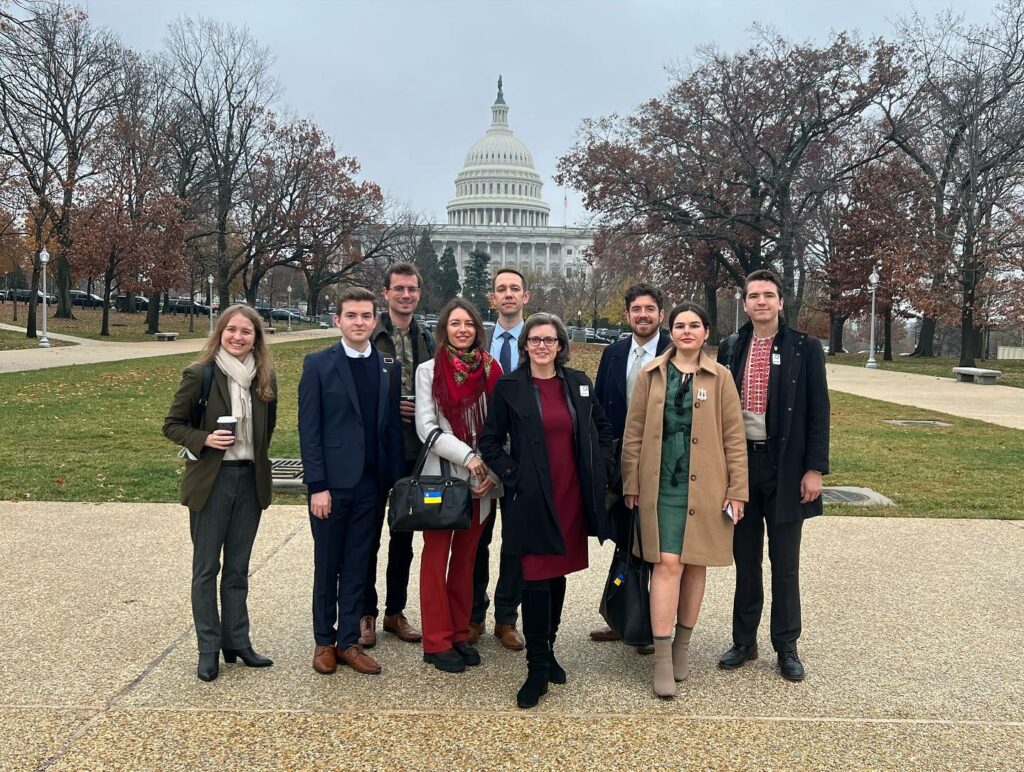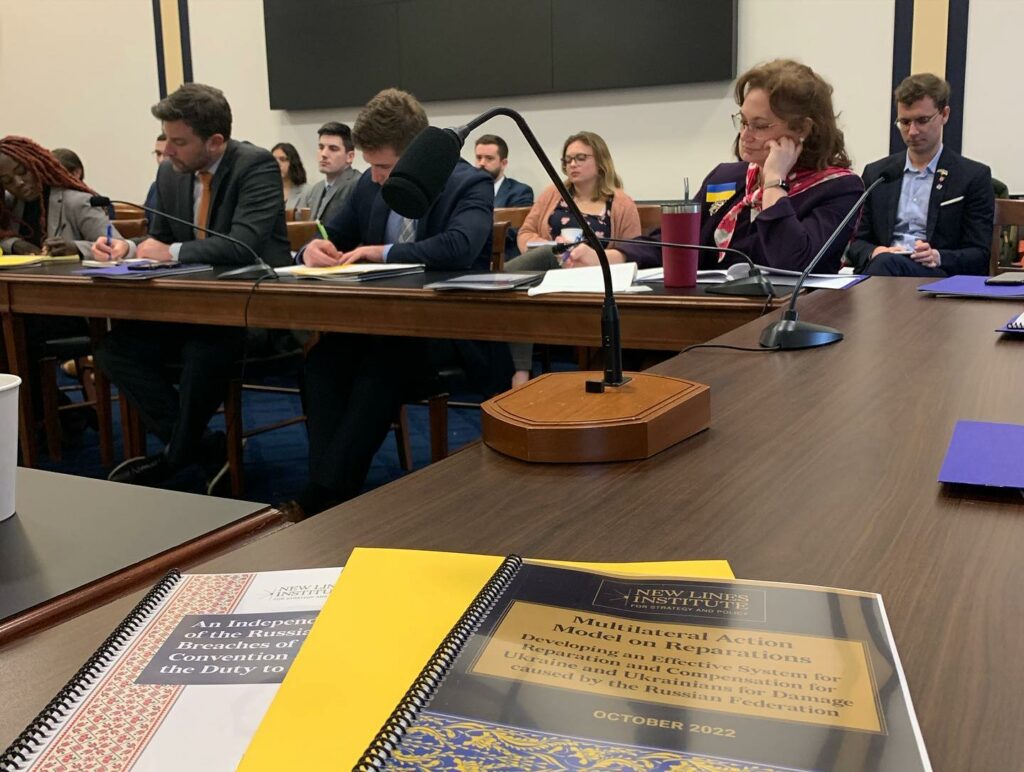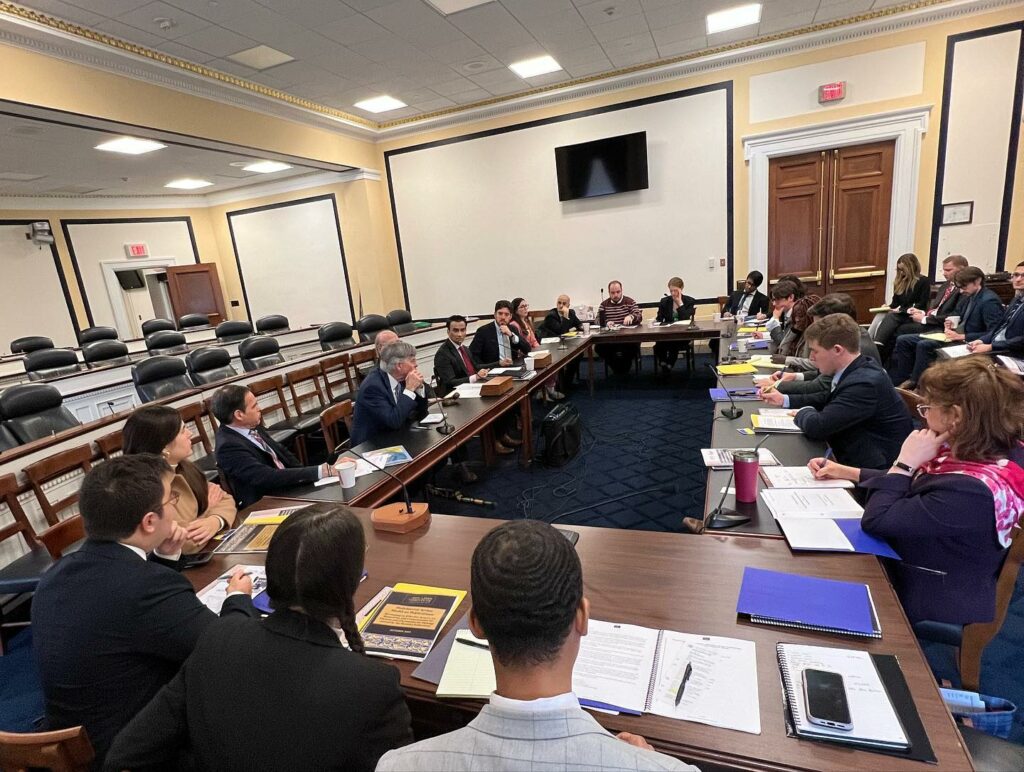Introduction
The continuation of Russia’s war against Ukraine and thus the ongoing need for military aid and foreign funding presents the necessity to revisit the US’s strategic interests in a Ukrainian victory. This report outlines key strategic issues the US would have to grapple with should Russia not be defeated and critical interests in a Ukrainian victory. In what follows, we analyze these issues through the frameworks of regional security, protecting democracy worldwide, global geopolitical threats, access to resources, and access to human capital.
1. Regional Security
US aid to Ukraine is one of the best investments the US can make to diminish Russia’s security
threat to both Europe and the US. The military aid provided to Ukraine thus far has allowed
Ukraine to inflict major damage on Russia’s ability to fight future wars or threaten Europe.
- Since late February, Russia has lost over 3000 tanks, 6000 fighting vehicles, and 280 planes and has had upward of 100,000 Russian troop casualties (as of January 7, 2023) – approximately half of Russia’s conventional military capability before its full-scale invasion of Ukraine on February 24, 2022. Through supporting Ukraine militarily, the US is able to handle one of its greatest threats without risking US lives.
- Ukrainians are fighting to contain Russia’s imperialistic ambitions and prevent Russia from
incursions into NATO territory, in which case the US would be obligated to take military
action. Political and defense leaders across NATO member states in the region have warned
about potential Russian incursions if Russia achieves its goals in Ukraine. - The Ukrainian armed forces will leave the war with a heightened knowledge of the aggressor’s fighting tactics and substantial combat experience. This puts Ukraine in a position to be an asset to NATO, especially with respect to providing strategic and practical training for NATO troops.
Blank Check Myth – Some have likened Ukraine aid to writing a ‘blank check,’ alluding to the assumption that what the US is doing in supporting Ukraine is essentially ‘charity work’. In practice, while Ukrainians are fighting for their existence, a defeated Russia would create significant security dividends for the United States by reducing Russia’s capacity to wage war and make threats. Supporting Ukraine is a significant investment in US and global security.
2. Protection of Global Democracy and Maintaining a Liberal International Order
Supporting Ukraine is an investment into global security and democracy. Ukraine is at war not just with Russia, but with the informal coalition of authoritarian regimes including Belarus, Iran, and North Korea, all of which are involved in aiding the Kremlin’s military efforts. Ukrainians are risking their lives for democracy and freedom in spite of this global authoritarian campaign.
The US should support Ukraine’s fight to protect freedom, international law, and prove to existing and potential aggressors that no one can succeed in violating international borders.
- Tolerance of Russian aggression would only encourage future aggression from either Russia (as seen from the recent past – Georgia in 2008, Ukraine in 2014, and Syria in 2015, to name a few) or other potential aggressors (especially China). A robust response would serve as a warning that such behavior will not be tolerated.
Finally, Russia’s aggression against Ukraine and Ukraine’s resistance are gradually leading to the reform of the international multilateral system.
- While the conversations about the need to reform the United Nations and the Security Council have been ongoing for a while, only with the full-scale war in Ukraine has it become especially evident that the current international order is unable to maintain peace and security in the world.
- During the High-Level Week of the UN General Assembly in September 2022, a record number of countries, including Global South countries that had been silent for a long time, came forward with proposals on the reform of the Security Council, including the expansion of the Council’s membership to ensure regional diversity. In the first months of the war, the UN finally adopted the “Veto Initiative,” which is aimed at improving accountability at the Security Council, particularly, the accountability of P5 countries; other conversations on the ways to make the UN fit for its purpose are ongoing and will most likely lead to significant shifts within the organization.
- Ukraine put together a number of proposals on the reform of the Security Council, including expanded membership, and recently challenged Russia’s presence in the Security Council and the UN in general.
3. Global Geopolitics
Supporting Ukraine credibly demonstrates the US’s willingness to take action and its ability to
confront aggressors.
- This is a show of strength that would send a clear message to China (the US’s current no. 1 security concern), which, following the US’s withdrawal from Afghanistan in 2021, had already started to doubt the US’s resolve in addressing overseas crises.
A Russian defeat will have the effect of nullifying a potential Putin-Xi alliance, advancing the US’s strategic priority of containing China’s military capabilities.
4. Access to Resources
So far, Russia’s invasion of Ukraine has led to a global food crisis, exposing the weaknesses in the world’s food systems which had already struggled with the impacts of supply chain disruptions.
- Prior to the full-scale war, Ukraine provided 45 million tonnes of grain to the market every year. Ukraine is the largest global exporter of sunflower oil, 3rd biggest exporter of barley, 4th largest exporter of corn, and 5th exporter of wheat in the world. A Ukrainian victory will help alleviate the food crisis and potential famine all over the world, especially in Global South countries that feel the impacts of Russia’s invasion on food security the most severely. Only a full Ukrainian victory will lead to stability in food production and exports from the region – the destruction of Ukrainian farmland, farm machinery, and infrastructure are core elements of Russia’s military strategy and Russian occupation of Ukrainian agricultural communities will result in continued instability.
- In addition to helping feed food-deficient nations, Ukrainian agricultural produce was also used in essential products in the United States. For instance, the inaccessibility of Ukrainian sunflower seed oil as a result of the war heavily contributed to the national baby formula shortage (sunflower seed oil is a key ingredient in baby formula).
Agricultural products aside, Ukraine has an abundant supply of raw materials, including reserves of coal, natural gas, iron ore, manganese, salt, oil, graphite, sulfur, uranium etc. Ukraine is 7th in the world in iron extraction, accounting for 2.4% of global output (39M tonnes). It’s also 6th place in titanium extraction and 2nd place in the world in gallium extraction. A Ukrainian victory will allow these resources to become available for stable export again.
Additionally, it is significant to note that Ukraine holds extensive reserves of resources defined as Critical Raw Materials (“raw materials that are economically and strategically important for the European economy, but have a high-risk associated with their supply”). This includes, but is not limited to, natural graphite, lithium, and beryllium. In 2021, Ukraine signed a special Memorandum with the EU about a strategic partnership regarding CRM.
The abundance of raw materials is evidence of Ukraine’s indispensability to the European economy. In the case of a Russian victory, there is a risk of the reserves falling into Russian hands and being cut off from the European market.
5. Access to Human Capital
Ukraine is an IT powerhouse. It exports $6.8 billion of services a year with more than 285,000 employed in the IT industry serving clients all over the world. Prior to the war, Ukraine’s IT sector was ranked fourth in the world.
- Despite the war, Ukraine’s IT sector is thriving. Since the start of the war, Ukrainian IT companies have managed to preserve 95% of their contracts, a demonstration of the industry’s resilience.
- The Ukrainian technology sector has also enjoyed substantial growth as is seen by the record $2 billion in growth revenue from export services in just the first quarter of 2022. Ukrainian IT specialists continue to play an important role in the global tech industry, serving as one of the biggest IT outsourcing markets in the world.
Conclusion
A Ukrainian victory is not only beneficial but also necessary for the advancement of global security, especially in relation to shattering Russia’s imperialist agenda and containing China’s expansionist pursuits. The war in Ukraine is a challenge to democracy; thus, it is important to acknowledge that only a Ukrainian victory would legitimize and reinforce democracy and international liberal principles. Finally, Ukraine is rich in resources, including agricultural produce, critical raw materials, energy sources, and human capital. Some of the aforementioned resources are indispensable to the rest of the world and all of which would become more accessible again with a Ukrainian victory. Russian troops leaving Ukrainian territory is a prerequisite to maintaining global order, upholding the principles of democracy internationally, containing security threats from China and other authoritarian states, and allowing Ukraine to export critical resources freely.
Please reach out to advocacy@razomforukraine.org with any questions or comments.
Strategic-Importance-of-Ukraine RazomBrief1By Daryna Lesniak, Maryna Maiboroda, Emilia Komarova
Consulted Sources
Kyle Petersoni, Host, December 22, 2022, ‘Zelensky in Washington’, audio podcast episode, WSJ Opinion: Potomac Watch https://podcasts.apple.com/ua/podcast/wsj-opinion-potomac-watch/id971901464?i=1000591034175
Cooper, Helene. “Russia and Ukraine Each Have Suffered over 100,000 Casualties, the Top U.S. General Says.” The New York Times, The New York Times, 10 Nov. 2022, https://www.nytimes.com/2022/11/10/world/europe/ukraine-russia-war-casualties-deaths.html.
Kitsoft. “Ministry of Foreign Affairs of Ukraine – Statement of the MFA of Ukraine on the Illegitimacy of the Russian Federation’s Presence in the UN Security Council and in the United Nations as a Whole.” Головна, https://mfa.gov.ua/en/news/zayava-mzs-ukrayini-shchodo-nelegitimnosti-perebuvannya-rosijskoyi-federaciyi-v-radi-bezpeki-oon-ta-organizaciyi-obyednanih-nacij-u-cilomu.
“Home.” Go to UkraineInvest., https://ukraineinvest.gov.ua/industries/mining/#:~:text=Ukraine%20has%20extremely%20rich%20and,magnesium%2C%20timber%2C%20and%20mercury.
“Critical Raw Materials.” CRM Alliance, https://www.crmalliance.eu/critical-raw-materials#:~:text=Critical%20Raw%20Materials%20(CRMs)%20are,risk%20associated%20with%20their%20supply.
Kontsevoi, Boris. “Council Post: The Ukrainian IT Industry Is Alive and Healthy.” Forbes, Forbes Magazine, 12 Oct. 2022, https://www.forbes.com/sites/forbestechcouncil/2022/10/12/the-ukrainian-it-industry-is-alive-and-healthy/?sh=566371a57f2c.
“Ukrainian It Specialist Profile – 20+ Surprising Statistics.” Devabit, https://devabit.com/blog/it-specialist-profile/.
“McConnell on Zelenskyy Visit: Helping Ukraine Directly Serves Core American Interests: Republican Leader.” Remark | Remarks | THE NEWSROOM | Republican Leader, 21 Dec. 2022, https://www.republicanleader.senate.gov/newsroom/remarks/mcconnell-on-zelenskyy-visit-helping-ukraine-directly-serves-core-american-interests.
“McConnell on Zelenskyy Visit: Helping Ukraine Directly Serves Core American Interests: Republican Leader.” Remark | Remarks | THE NEWSROOM | Republican Leader, 21 Dec. 2022, https://www.republicanleader.senate.gov/newsroom/remarks/mcconnell-on-zelenskyy-visit-helping-ukraine-directly-serves-core-american-interests.
“United States Aid to Ukraine: An Investment Whose Benefits Greatly Exceed Its Cost.” United States Aid to Ukraine: An Investment Whose Benefits Greatly Exceed Its Cost | Center for Strategic and International Studies, 4 Jan. 2023, https://www.csis.org/analysis/united-states-aid-ukraine-investment-whose-benefits-greatly-exceed-its-cost.
Michta , Andrew A. “America’s Interest in Ukrainian Victory.” City Journal, 20 Apr. 2022, https://www.city-journal.org/americas-interest-in-ukrainian-victory?wallit_nosession=1.
“American Interests in the Ukraine War.” Defense Priorities, https://www.defensepriorities.org/explainers/american-interests-in-the-ukraine-war.
Kagan, Frederick. “What’s at Risk in Ukraine, and Why It Matters to America and Its Allies.” The Hill, The Hill, 7 Dec. 2021, https://thehill.com/opinion/national-security/584646-whats-at-risk-in-ukraine-and-why-it-matters-to-america-and-its/.
Towey, Hannah. “Russia’s Blockade of Ukraine Ports Is Further Complicating Dire Baby Formula Shortages in the US by Preventing Exports of Key Ingredient.” Business Insider, Business Insider, https://www.businessinsider.com/ukraine-war-further-complicates-us-baby-formula-shortage-sunflower-oil-2022-5.
